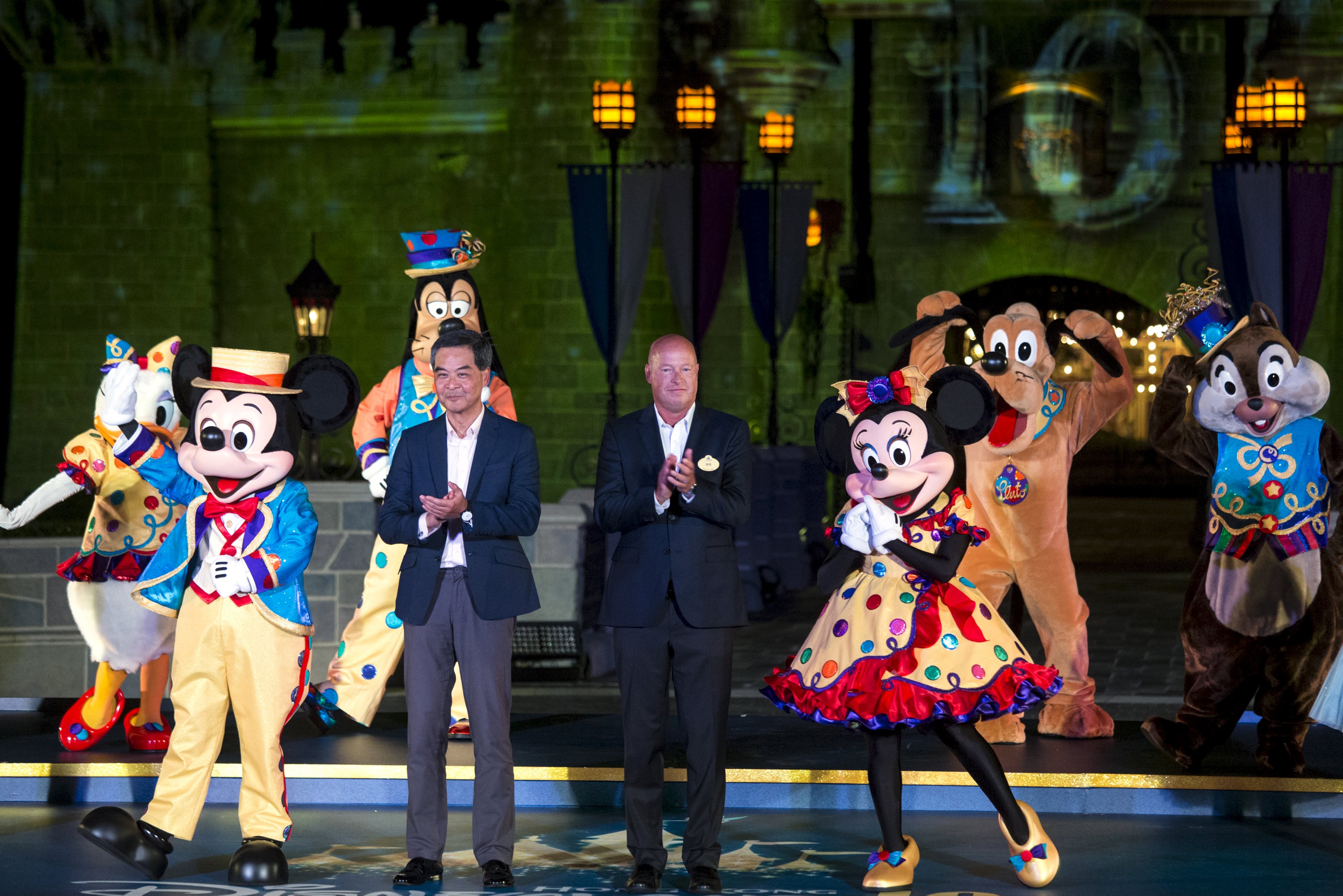Hong Kong's leader enjoys a special legal position that puts him above the legislature and judiciary, China's top official in the city said, raising some politicians' concerns about Beijing's expanding influence there.
Hong Kong's leader, the chief executive, reports to the central Chinese government. Thousands of the city's residents have held protests demanding full democracy, putting pressure on current leader Leung Chun-ying.
Speaking Saturday, Beijing's chief liaison officer, Zhang Xiaoming, said political systems where branches of government could check the powers of others "is usually established in sovereign states" and that the chief executive's authority was above all.
"The dual responsibility of chief executive to the central government and Hong Kong has given him a special legal position which is above the executive, legislative and judicial institutions," Zhang told a forum to mark the anniversary of the Basic Law, the constitution under which China governs the former British colony as a special administrative region.
"Hong Kong is not a political system that exercises the separation of powers," he added.
Zhang's comments angered several lawmakers, who said Beijing was effectively giving the chief executive unchecked control. Legislative Council member Alan Leong told the South China Morning Post the chief execuctive was now "like an emperor" and Lee Cheuk-yan, chairman of the Labor Party, said the comments undermined the Basic Law.
A former British colony, Hong Kong was returned to Chinese Communist Party rule in 1997 under a "one country, two systems" form of government that gave it separate laws and wide-ranging autonomy but reserved ultimate authority for Beijing.



















With your current subscription plan you can comment on stories. However, before writing your first comment, please create a display name in the Profile section of your subscriber account page.